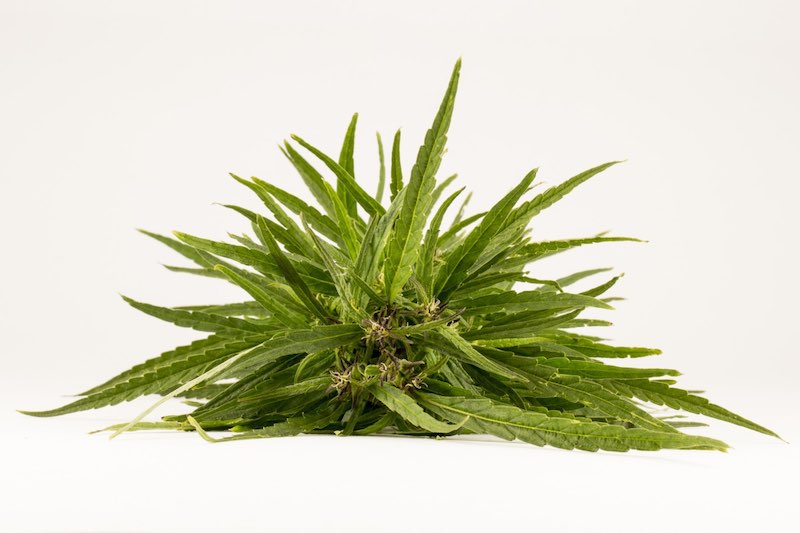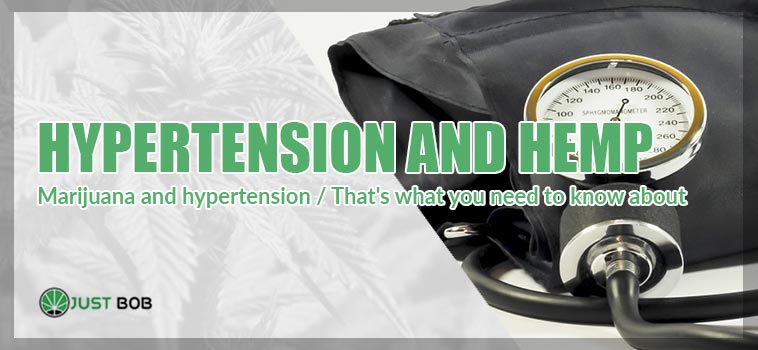Marijuana and hypertension / That’s what you need to know about
Are you a CBD weed enthusiast and want to learn more about cannabis studies?
You have to know that research on marijuana and its positive effects are, so to speak, “on the high seas”, or rather backward compared to other studies.
In fact prohibition – almost, even if not completely, outdated – has meant that the consumption of hemp was banned in almost all countries, especially if connected in some way to the United States. As a result, the spread of news on the benefits of marijuana has also been slowed.
Moreover, until a few decades ago, the only information available on hemp was the negative information, even manipulated by many governments (as also reported in the documentaries on cannabis).
Everyone knows for example that canes can cause dependence and alter the psyche because of THC (this, as you well know, does not exist with CBD cannabis). In 2017 the news began to spread that consuming hemp markedly increased the risk of death from hypertension, the main cause of heart attacks, strokes and other diseases of the cardiovascular system.
But are marijuana and hypertension really related? What is true about this statement?

The (retracted) study of marijuana and hypertension.
In 2017 a research study on the direct relationship between hypetensioen and cannabis use was published (in the European Journal of Preventive Cardiology).
The authors of the study stated that the use of cannabis, especially if habitual, would have negative consequences on our cardiovascular system. The direct consequence would be an increased risk of death due to hypertension.
Researchers derived these considerations after analyzing data from about 1200 patients aged 20 years and older. The information was taken from a previous study (US National Health and Nutrition Examination Survey) and then compared with mortality data published by the US Department of Health.
Read also: Marijuana and liver, did you know that cannabis has a positive effect on liver diseases?
Why the research of 2017 on marijuana and hypertension is not reliable.
Who conducted the study considered as “Smokers of marijuana” also those who had tried it only once, therefore not only the usual consumers. Moreover, it was not clear what was meant by “habitual”. Who used marijuana on a daily basis? Who once a week or once a month? This was not clear.
As a result, the results of the research can only be highly inaccurate, as a rod cannot affect the entire life or, let alone, the risk of hypertension.
That’s not all: drug traffickers often sell off not pure cannabis but contaminated with other substances. Poison for mice, lacquer, and lead are just some of the elements that often contaminate the inflorescences. And it is not known whether the studied subjects used safe marijuana or not.
In any case, the study, called “Effect of marijuana use on cardiovascular and cerebrovascular mortality“, was then retracted by the same publisher in agreement with the authors.
The survey included a survey on the use of marijuana for people who had participated in the National Health and Nutrition Examination Survey. But not all of them were still alive.
Instead of the study results, there is a warning on the site page:
“A methodological error has led to distortions of immortality in the results of this article. Therefore, the survival intervals for the participants used in this survey were unsatisfactory.
All patients who died before 2005 would not be able to complete the posthumous survey on marijuana use. Therefore, it is not possible to ascertain the use of marijuana in patients who died before 2005. Consequently, the state of survival before the completion of the survey should have been censored ”.
But apart from this study, what is known about marijuana and hypertension? What happens if we focus only on CBD, the main active ingredient in CBD flowers and CBD oil?

CBD and hypertension
Cannabidiol, commonly called CBD, is one of the most important non-psychoactive principles found in marijuana. In particular, in unpowered marijuana, CBD is accompanied by THC (often in high percentages); in legal weed, however, CBD often exceeds 10 or 20%, while THC for European law must be less than 0.2%.
It is a substance with many beneficial effects for our body; the CBD has indeed properties:
- anti-inflammatory
- anticonvulsant
- antioxidants
- antiemetic
- anxiolytic
- antipsychotic
But research on this subject is still in progress, so much so that it is being studied the possible ability to contain the spread of some cancers (read the article “Marijuana and cancer: what science says about the benefits of cannabis on cancer” to know more).
Current studies include CBD as an aid against high blood pressure.
Let’s take as an example the research “A single dose of cannabidiol reduces blood pressure in healthy volunteers in a randomized crossover study” or “A single dose of cannabidiol reduces blood pressure in healthy volunteers in a randomized crossover study”.
During this study, conducted by the National Center for Biotechnological Information and published in 2017, 9 healthy male volunteers received 600 mg of CBD or placebo in a double-blind, randomized, placebo-controlled crossover study. Cardiovascular parameters were monitored using a finometer and laser Doppler.
CBD reduced resting systolic blood pressure and stroke volume, increasing heart rate and maintaining cardiac output. In fact, subjects who took CBD had lower blood pressure (especially before and after stress), increased heart rate and decreased stroke volume.
Read also: Does passive marijuana smoke actually carry its effects?
In response to stress, subjects who took CBD found reduced blood pressure and increased heart rate, with lower total peripheral resistance.
These data show that acute CBD administration reduces resting blood pressure and increases heart rate in men under stress.
According to the researchers, further studies are needed to establish whether CBD has a role in the treatment of cardiovascular disorders.
And we await them with trepidation!
Sources:



